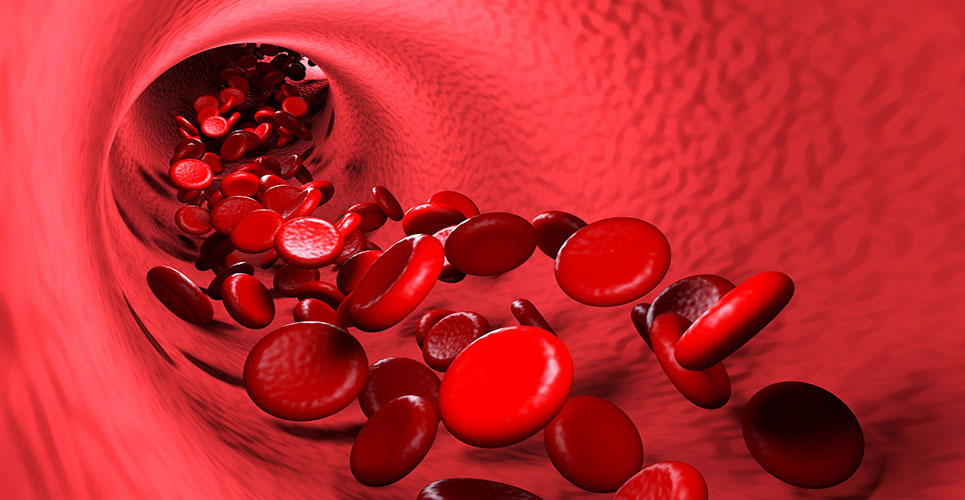teaser
Patients given advice on the proper way to take the blood-thinning drug warfarin are less likely to suffer from bleeding in the stomach and brain areas, research has shown.
Warfarin is taken by patients suffering from problems such as heart rhythm abnormalities, deep vein thrombosis, stroke, heart valve replacements or pulmonary embolism.
But incorrect use of the medicine can lead to serious gastrointestinal and brain bleeding problems – often resulting in the patient being admitted to hospital.
The study, from the University of Pennsylvania School of Medicine, found that patients who reported receiving medication instructions from a physician and a nurse, as well as a pharmacy worker, were 60% less likely to experience a serious bleeding problem over the following two years.
The research, published in the Journal of General Internal Medicine, also showed that patients who see only one physician and fill their prescription at a single pharmacy are less likely to experience serious bleeding events.
Lead author Dr Joshua Metlay said that improved patient communication could prevent a substantial number of injuries by clarifying questions about dosing, drugs to avoid while taking warfarin, and early symptoms of bleeding problems.
“While we do not know the specific mechanism linking the medication instructions to reduce bleeding risk, it is likely that improved communication about medications leads to increased drug adherence and earlier recognition of medication side effects,” he said.
Copyright PA Business 2008
Journal of General Internal Medicine

